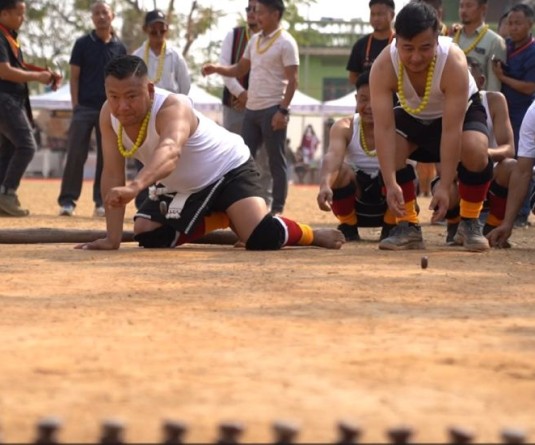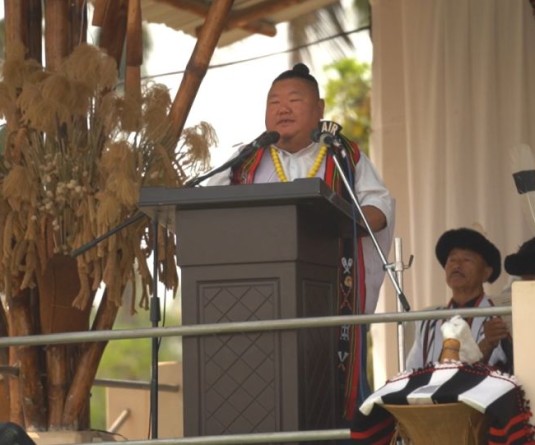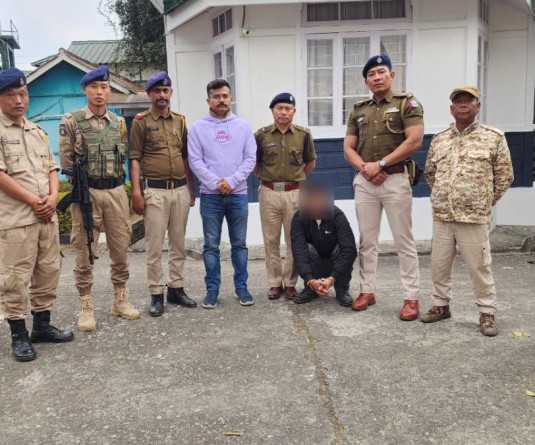
Dimapur, August 22 (MExN): A regional ‘intervention’ dialogue for making tourism sustainable, ‘equitable and just’ in North Eastern India is scheduled to be held August 26-27, in Chentan Bhawan, Gangtok, Sikkim. The consultation is being organized with the objective of initiating a process of dialogue and developing a perspective on responsible tourism for the North Eastern Regions in order to influence tourism policy and practice in the region, said the organizer Impulse NGO Network.
“Through this consultation, we seek to create a platform between government officials, civil society organizations, media and people engaged in the tourism industry (both from the mainstream and community based tourism initiatives) to discuss the critical issues and impacts in tourism in the north east within the framework of current policies and legislations,” the NGO said.
The organizers reminded that “all policies speak of the economic benefits” that tourism accrues, but little is spoken on the negative impacts of tourism. There are questions on who really benefits from tourism, issues on environmental degradation and the impact on society, Impulse Network stated. “None of these policies have clauses on responsible tourism regarding exploitation of women. Another critical issue is the impact of tourism on children – child labor, child sexual abuse and the trafficking of children. The consultation will focus on these issues in the specific context of the region.
We are incorporating the Code of Conduct on ‘Safe & Honorable Tourism’ adopted by the Government of India in our draft policy to avoid any duplication,” the NGO said.
Participants will include Commissioner Secretary of the Tourism department of every state in North East, Minister of Tourism, department of Tourism, Ministry of Tourism Regional Office, Guwahati, members of UNODC, NGO partners, Media houses, North East Hoteliers’ Association, Association of Tour Operators of North East, Commissioner Secretary of Labor, Law Enforcement representatives, Director General of Police of each state and the North Eastern Council.






